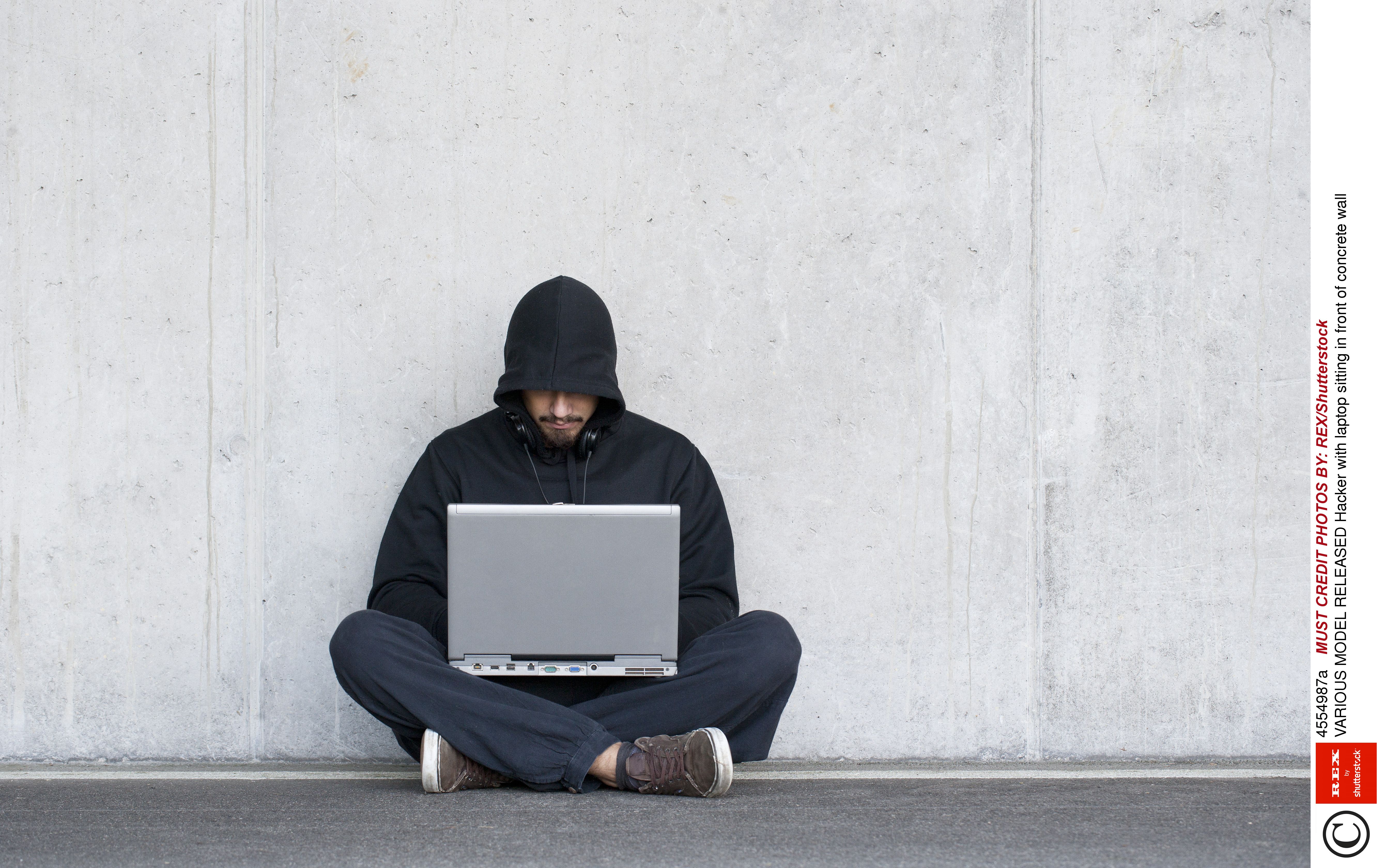As our online use only continues to grow and with increasing amounts of our information being online, we need to try to keep it safe from those wanting to hack it.
On Thursday, September 22, Yahoo revealed that in 2014, hackers stole the personal data associated with 500 million accounts, including names, phone numbers, email addresses, passwords and security questions, but, fortunately, they also reported no bank details were stolen.
Following the hack, which Yahoo described as “state-sponsored”, they are now notifying users whose accounts were hacked and advising users to change their passwords and to be wary of emails from Yahoo, not clicking on any links contained in them.
So safety online is an important issue and besides the obvious tips like using computer security and not using the same password for everything, Burne Claydon-Light, who is in his third year studying computer science at KU, gave his top simple tips to protecting yourself against hackers.
Use a long password
Claydon-Light, 22, said: “Mainly the first tip I would give you is to use a long password, preferably a minimum of eight characters long, using one symbol and one number as well.”
He said that using an eight letter password can take up to 20 minutes to user proof hack- hacking by trying different combinations of the password until it is cracked.
Use memorable information for passwords that can’t be found online
Claydon-Light said: “Don’t use information that you can find online, for instance there’s websites like pipl.com and I think 192.com but basically there’s information that’s taken from the public voting register and that’s put into the public domain so that’ll contain like your address, your date of birth as well, the postcode you live in and information like that can always be found online.
“I would choose something obscure, something like your first pet’s name for instance, rather than the town where your first job was.”
Remove your information from the public domain
Claydon-Light said: “I’d check out pipl.com for instance, that’ll serve for records on the net of your profiles that you have, say for instance if you have a facebook account, a gmail account, type your name in in pipl.com and that’ll bring up all your information across your accounts
He also explained how to remove your information from websites such as these.
“You can remove your information from 192.com so if you send them an email with your signature and ask them to remove your information, they will do that, so that’s all the information from the voting register.”
Use websites with https
Claydon-Light kept reiterating the importance of using websites with https because they are secure.
He said: “I would also say as well always look for websites that are using SH2 encryption so in the URL bar of your browser, on the left hand side if you have notes that says https that stands for Hyper Text Transfer Protocol Secure.”
Having this in your URL means that when your data is in transit on the internet, it is encrypted and hence safe from hackers.
He added: “I would say, always stick to reputable websites and never visit anything dodgy at all.”
So do not be hacker-friendly- be its enemy. Remove information about yourself from these kind of sites, be careful creating passwords and use secure websites, all to protect your information online. And if you are hacked, Claydon-Light recommended notifying the organisation whose account you are with which was hacked, changing your passwords and if you made a mistake, “finding out where you may have messed up just to ensure it doesn’t happen again.”

